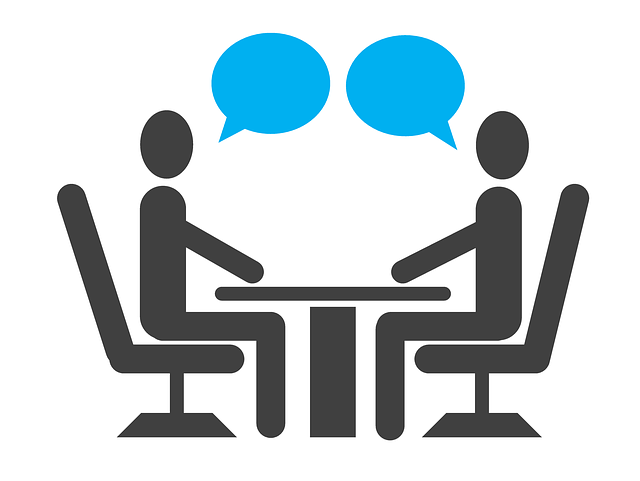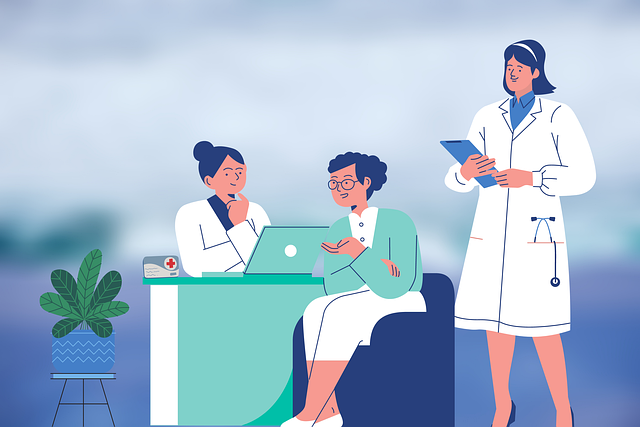Motorcycle passenger injuries present unique risks due to lack of vehicle protections, leading to severe injuries or fatalities from ejection, head impacts, and internal bleeding. Proper safety gear is crucial, but emotional effects like shock, PTSD, and financial stress are common long-term consequences. Support systems offering counseling, legal aid, and financial guidance help victims navigate recovery and legal processes for motorcycle passenger injuries.
Motorcycle passengers face unique risks that often go unnoticed, leading to devastating injuries and long-lasting emotional scars. This article delves into the complex world of motorcycle passenger injuries, exploring their short-term and long-term emotional impacts. We discuss how these incidents affect survivors’ mental health and provide insights into available support systems and resources, emphasizing the importance of understanding and addressing the emotional toll for those affected by these tragic events.
- Understanding the Unique Risks of Motorcycle Passenger Injuries
- Short-Term and Long-Term Emotional Impacts on Survivors
- Support Systems and Resources for Injured Motorcycle Passengers
Understanding the Unique Risks of Motorcycle Passenger Injuries

Motorcycle passenger injuries present unique risks that often go overlooked. Unlike passengers in cars or trucks, motorcycle riders lack the protective confines of a vehicle. This means that in the event of a collision, the consequences can be severe and multifaceted. The lack of a crumple zone or airbag means that riders and their passengers are directly exposed to impact forces, increasing the risk of serious injuries or even fatalities.
Several factors contribute to these heightened risks. Motorcycle passengers are often thrown from the vehicle upon impact, leading to potential head injuries, fractures, and internal bleeding. The force of the ejection can also cause secondary impacts with the road or surrounding objects, exacerbating injuries. Moreover, the severity of a motorcycle passenger injury is not solely determined by the speed of the vehicle but also by the lack of proper safety gear, such as helmets and protective clothing, which are crucial in mitigating the impact of a crash. This underlines the need for heightened awareness and proactive measures to ensure safety on the roads, especially when it comes to protecting vulnerable motorcycle passengers.
Short-Term and Long-Term Emotional Impacts on Survivors

Motorcycle passenger injuries can have significant emotional impacts on survivors, often manifesting in both the short and long term. In the immediate aftermath of an accident, individuals may experience shock, fear, and anxiety—emotions that can be overwhelming and persistent. The physical pain and injuries sustained during such incidents further exacerbate these feelings, leading to a cycle of distress that requires proper psychological support.
As time goes on, survivors might face prolonged emotional challenges. Post-traumatic stress disorder (PTSD) is not uncommon among motorcycle accident victims, causing them to relive the traumatic event through flashbacks, nightmares, and intense anxiety. Additionally, the process of dealing with medical bills, navigating employment contracts, or even pursuing a medical malpractice settlement or nursing home neglect lawyer can introduce new layers of stress and sadness. These long-term emotional impacts underscore the need for comprehensive support systems tailored to help survivors navigate their physical and mental recovery journeys effectively.
Support Systems and Resources for Injured Motorcycle Passengers

After suffering a motorcycle passenger injury, individuals often find themselves navigating uncharted territory, both physically and emotionally. This challenging time can be further complicated by the absence or inadequacy of support systems. Fortunately, various resources are available to help injured motorcycle passengers cope with their injuries and pursue justice.
Support groups, legal aid organizations, and non-profit foundations specifically cater to the needs of accident victims and their families. These entities offer crucial assistance, including emotional counseling, financial guidance, and legal advice. For instance, they can help individuals understand their rights, navigate complex insurance claims, or even explore a product liability claim if the injury resulted from defective gear. Additionally, these resources may assist in pursuing a wrongful death claim if the tragedy led to a loss of life. Employment disputes are another area where specialized support can be vital, ensuring that injured workers receive the compensation and accommodations they deserve.
Motorcycle passenger injuries can have profound emotional consequences, affecting both survivors and their support networks. Understanding the unique risks associated with these incidents is essential in recognizing and addressing short-term and long-term emotional impacts. By harnessing available resources and fostering supportive communities, individuals affected by such injuries can navigate their recovery journeys more effectively. This article has explored key aspects of motorcycle passenger injuries, emphasizing the importance of empathy, access to information, and robust support systems for survivors’ emotional well-being.






